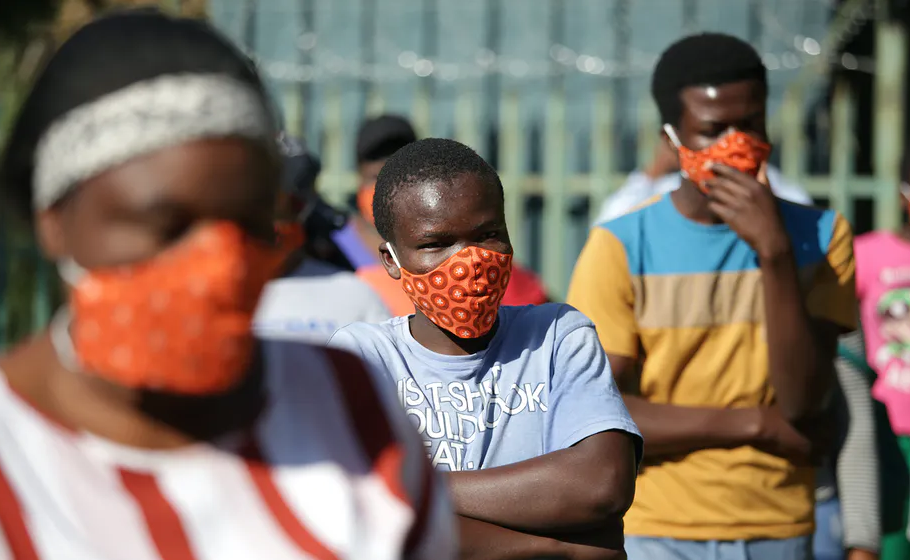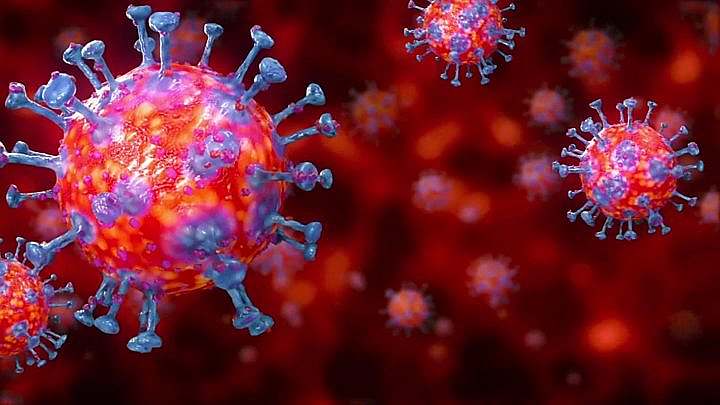According to the latest report by the Centers for Disease Control and Prevention (CDC), although the overall risk of severe illness is low, pregnant and recently pregnant people are at a higher risk for severe illness from COVID-19 when compared to non-pregnant people.
Severe illness includes illness that requires hospitalisation, intensive care, or a ventilator or special equipment to breathe or illness that results in death.
Pregnant people with Covid-19 are also at increased risk for preterm birth (delivering the baby earlier than 37 weeks) and might be at increased risk for other poor pregnancy outcomes.
Are you pregnant?
During the covid-19 pandemic, it is very important to protect yourself and your baby from the virus.
Can a pregnant woman get vaccinated?
The Mail and Guardian, Monday, reported that the optimal vaccination schedule to protect pregnant women against Covid-19 is set to be explored in a UK clinical trial and researchers hope it will allay concerns about getting the jab (https://www.theguardian.com/world/2021/aug/03/hopes-uk-trial-will-allay-pregnant-womens-covid-vaccine-concerns)
Chief midwifery officer for England, Prof Jacqueline Dunkley-Bent, urged expectant mothers to get vaccinated as soon as possible, with evidence suggesting the Delta variant poses a significantly greater risk to pregnant women than previous forms of the virus.
Symptoms to look out for:
-Fever or cough that improves but then returns or worsens
-Loss of speech or mobility
-Difficulty breathing or shortness of breath
-Pain or pressure in the chest or abdomen
-Dizziness or confusion
-Seizures
-Severe muscle pain
-Not urinating
-Decreased or no movement of your baby
What to do to protect yourself from contracting the vaccine:
-Clean your hands regularly
-Keep at least one meter apart from others or wear masks when you can’t maintain one-meter distance apart
-Avoid touching your eyes, nose and mouth
-Avoid crowded public gatherings or activities
-Stay in well-ventilated places
Surveillance data compiled in the United Kingdom on pregnant women after the emergence of the Delta variant
-The proportion admitted with moderate to severe Covid has increased with the Delta variant compared to previous strains
-In the last three months, 171 pregnant women were admitted to the hospital with Covid symptoms
-Some 98% were unvaccinated and just three had received a single dose of the vaccine
-About one in three pregnant women in hospital with Covid-19 developed pneumonia
-About one in seven needed intensive care
-About one in five admitted to hospital with Covid go on to give birth prematurely and their likelihood of having a caesarean section increases
Are the vaccines issued in Zimbabwe safe for pregnant women?
Zimbabwe approved the use of five vaccines namely the Sinovac and Sinopharm vaccines from China, Covaxin from India, Sputnik V from Russia and Johnson and Johnson.
National Chief Coordinator of the Covid-19 response team Dr Agnes Mahomva said the World Health Organisation recently released guidelines certifying the vaccines safe for use.
All five are inactivated vaccines made from dead viral particles to expose the body’s immune system to the virus without risking a serious disease response. The use of dead viruses makes it safe to be injected into the body and this prepares the body to produce antibodies that will fight the live virus once it attacks.
“The inactivated vaccines we are using are very safe. The WHO guidelines recently issued have shown that the vaccines we are using are safe. Our local scientists have acknowledged that not many pregnant women have been coming forth but the vaccines are safe for use and they should get vaccinated,” said Dr Mahomva.
Which other countries are vaccinating pregnant women?
Although global estimates are currently unavailable, and data is sparse for national estimates of maternal deaths due to COVID-19 in low- and middle-income countries, organizations in countries such as Indonesia, Bangladesh, and South Africa have appealed to their governments to open up vaccinations for this section of the population.
Indonesia has recently done so, supporting the vaccination of pregnant women in their second trimester of pregnancy.








